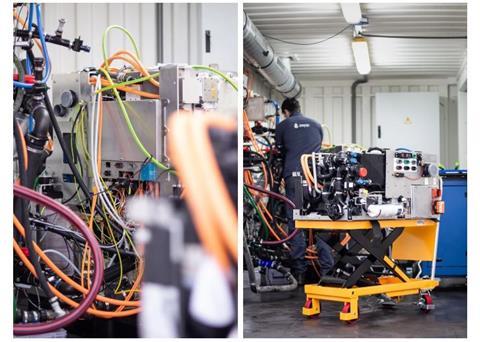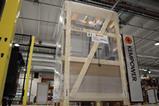Zepp.solution has recently secured a €3 million investment, marking its first external capital injection since its establishment in 2017. This funding, sourced from the Rotterdam Energy Transition Fund and a private investor within the Rotterdam tech community, aims to bolster the company’s operational capabilities to meet the increasing market demands.

The decision to seek external investment aligns with Zepp.solutions’ strategic vision to address the growing market interest in its Fuel Cell systems amidst the expanding European Hydrogen sector. Jonas Brendelberger, co-founder of zepp.solutions, expressed the significance of this investment as a testament to the trust placed in the company’s endeavors and its alignment with partners deeply rooted in the Rotterdam and Delft tech sectors.
“Receiving this first investment is a major milestone for our team,” he said. ”It’s a strong signal of trust in what we are building here and a perfect fit, bringing on board partners who will further strengthen our roots in the Rotterdam and Delft tech sector.”
”Zepp’s ambition is a great match with the mission of the Energy Transition Fund, which is to reduce CO2-impact in the Rotterdam area by supporting promising climate tech companies. InnovationQuarter looks forward to working together with zepp on their growth,” added Erik van der Zant, Head of Investments at InnovationQuarter and interim fund manager of the Energy Transition Fund.
Zepp’s hydrogen fuel cell systems offer a comprehensive solution for converting hydrogen gas into electricity with high efficiency and power density, catering to medium- to heavy-duty applications in transportation and industrial sectors. Notable deployments of zepp’s technology include inland barges, water taxis, excavators, and yard tractors.
The recent investment builds on zepp.solutions’ previous successes, including a €2 million grant from the European Just Transition Fund to establish a new assembly plant in the greater Rotterdam area, with a projected annual capacity of up to 1000 units and the creation of up to 100 new jobs.


















